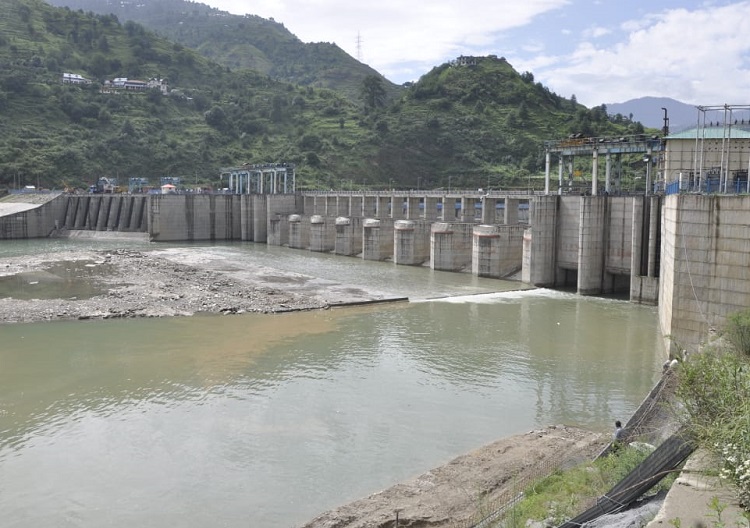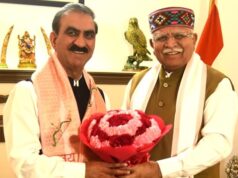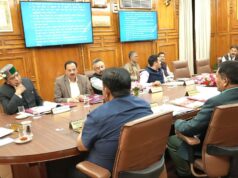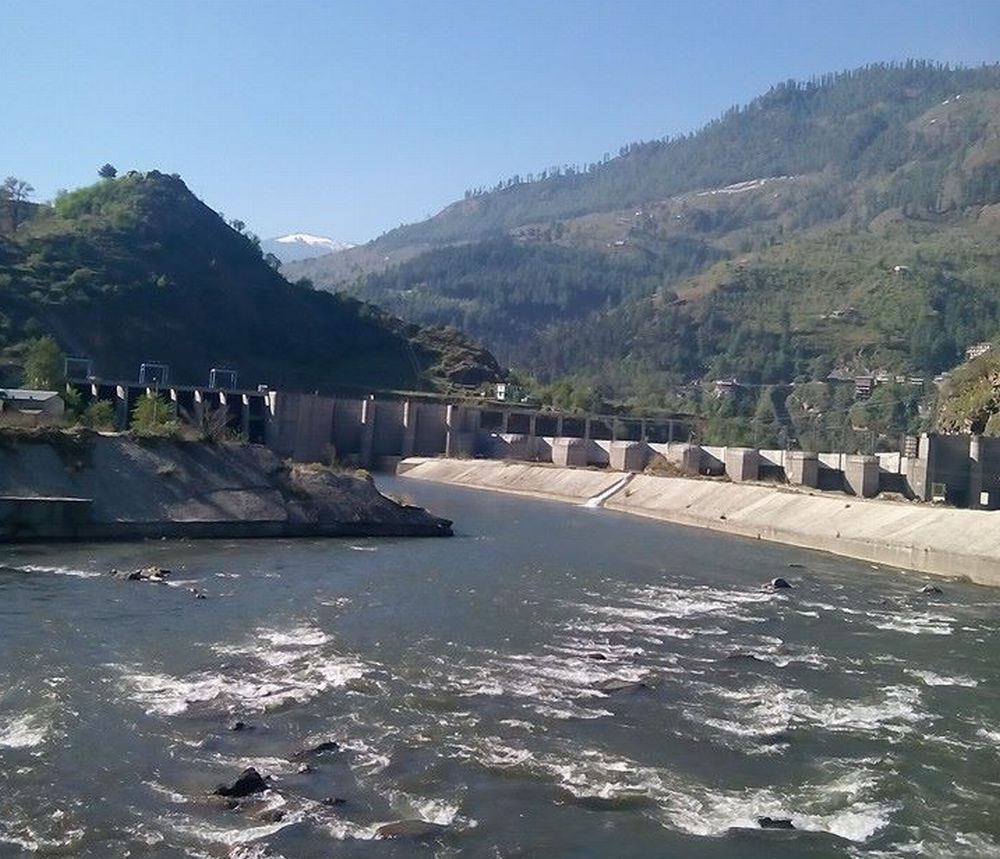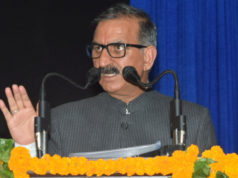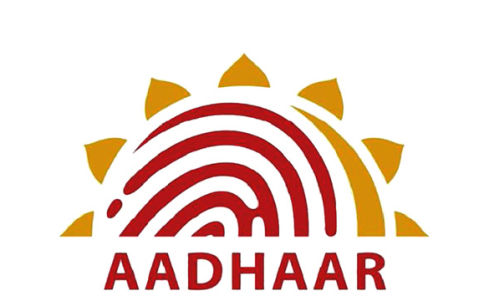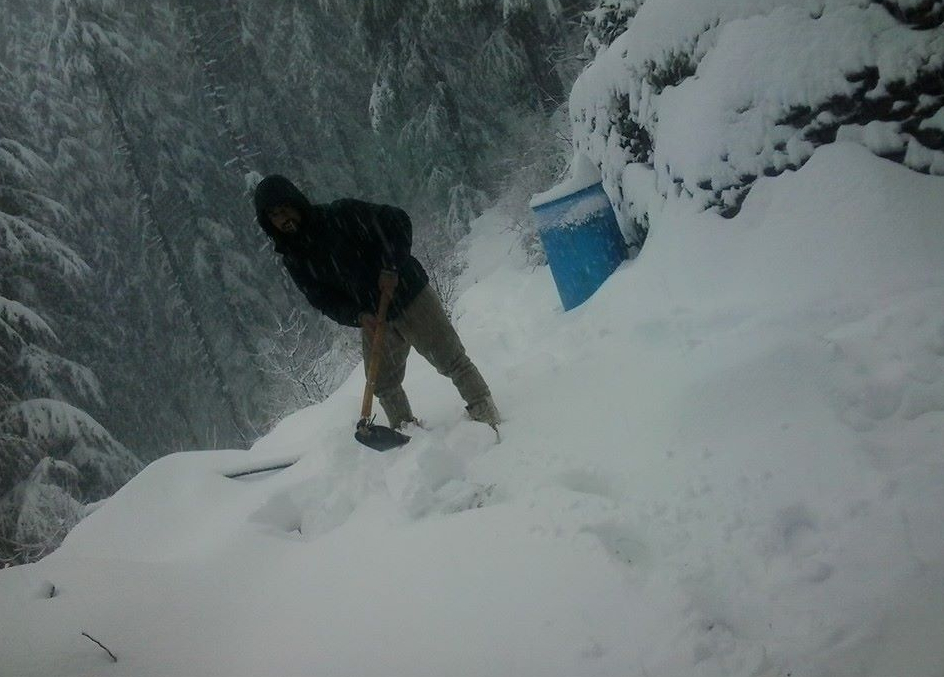Small hydropower projects fear significant income reduction as water cess implementation looms
In a significant development, the state government of Himachal Pradesh has set the wheels in motion for the imposition of a water cess on power projects within its jurisdiction. With preparations underway, the government has taken a proactive step by requesting a comprehensive report from independent power producers within 15 days. The focus of this report lies specifically on the implications of the water cess on small hydroelectric projects, which has prompted discussions and concerns among project operators. The outcome of these deliberations could have far-reaching consequences for the future of the state’s power sector.
The request for a report from IPPs comes as the government aims to ascertain the potential impact of the water cess, particularly on projects with a capacity of up to five megawatts (MW). Doubts remain as to whether these smaller ventures will be subject to the cess or exempted from its implementation. In response to the government’s directive, project operators have initiated talks to address the impending challenges and seek a mutually agreeable solution.
One of the primary concerns raised by the management of small hydroelectric projects is the anticipated reduction in income following the imposition of the water cess. They fear that the new levy could lead to income decreases ranging from 50 to 100 percent. Recognizing the gravity of the situation, project operators have started engaging in discussions with the state government to highlight the potential consequences and find a way forward.
Chief Minister Sukhvinder Singh Sukhu has received a detailed report on the matter, which sheds light on the current scenario. The report includes data from 42 power projects ranging from 1 to 14 MW across the state. It reveals that the water cess collected from these projects currently represents a significant portion of their earnings from electricity generation, ranging from 46 to 101 percent. This revelation further compounds the concerns of small power project operators who fear a substantial reduction in their revenue streams.
Moreover, the report indicates that many projects may become economically unviable once the water cess is implemented. Some projects have already been classified as non-performing assets (NPAs) even before the introduction of the levy. The financial viability of these ventures hangs in the balance, and the impact of the water cess may exacerbate their economic challenges.
According to the report submitted to the Chief Minister, the state government currently earns an annual revenue of Rs 223.60 crore through royalties from 111 ongoing hydropower projects. In addition, the Electricity Board has generated Rs 1221.71 crore through the purchase and sale of electricity, while green energy initiatives have contributed Rs 33 crore to the state’s income.
The impending implementation of the water cess has sparked concern among stakeholders in the power sector, particularly operators of small hydroelectric projects. While the state government is determined to enforce the cess to bolster revenue, industry representatives are engaged in discussions to seek a viable resolution that ensures both revenue generation for the state and the economic sustainability of these ventures.



